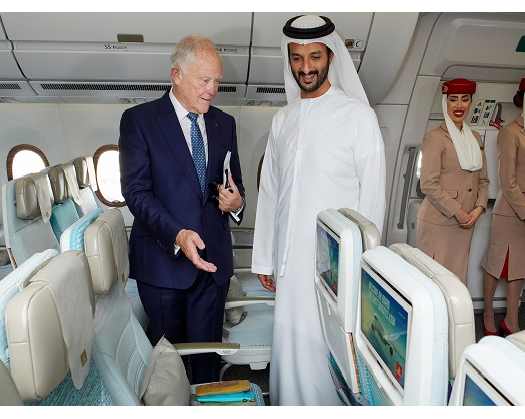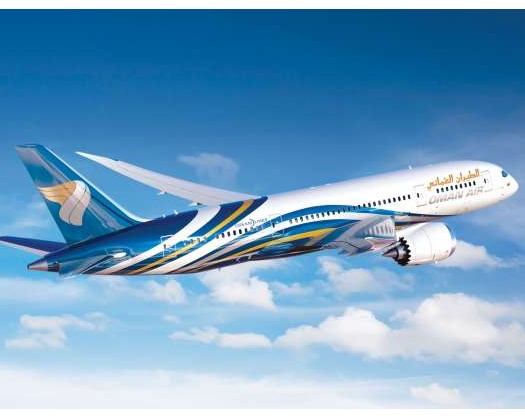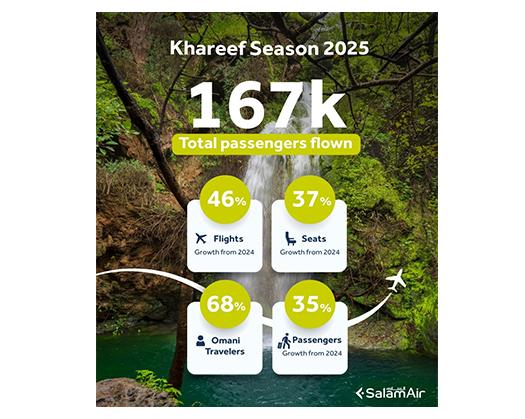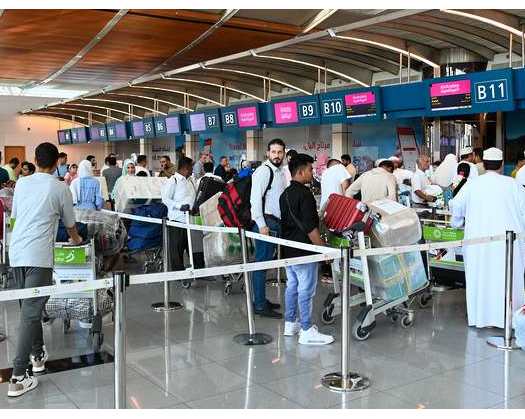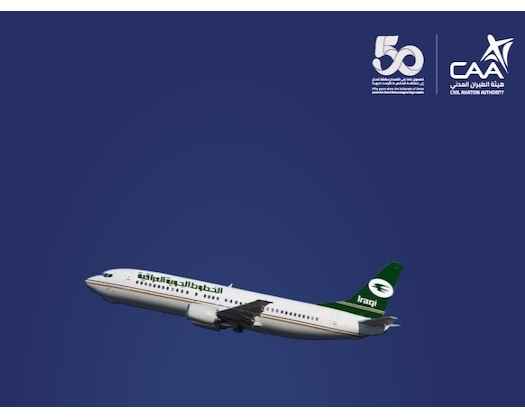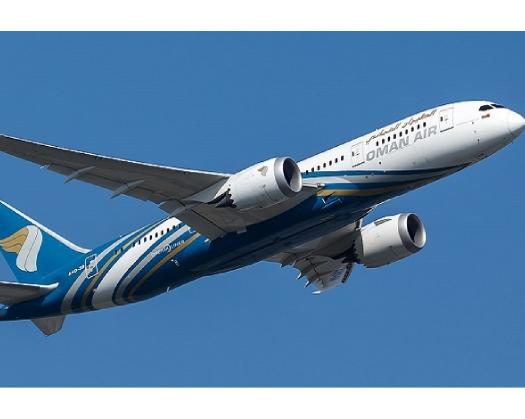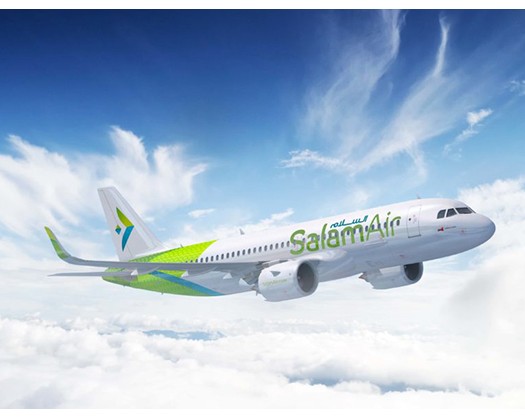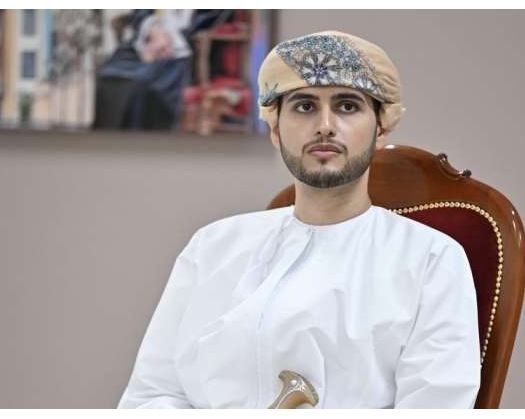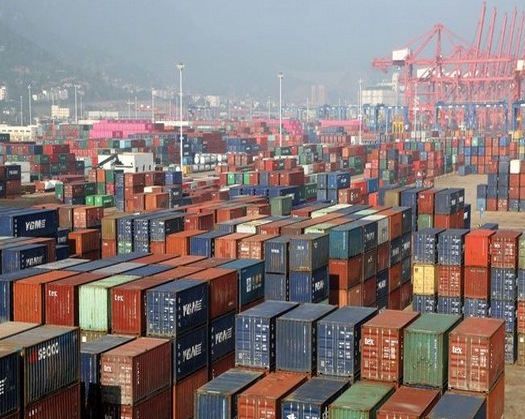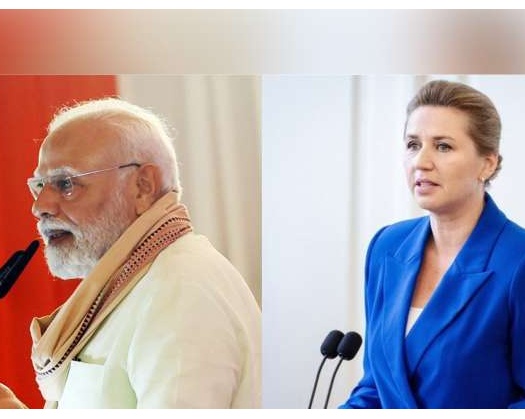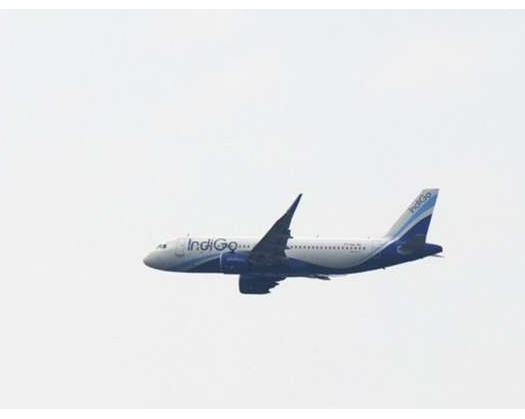Dubai: Emirates, one of the world's largest airlines, is set to launch the A350-900 on the Dubai-Muscat route in the near future.
During an interview with Times of Oman at the inaugural event for Emirates' first A350-900 in Dubai, UAE, Sir Tim Clark, President of Emirates, stated, “There are numerous initiatives underway, and Emirates is currently in an expansion phase. We have significant plans for the next 10 to 15 years.”
The first of the 65 Airbus A350-900 aircraft ordered for the Emirates fleet was revealed at a special event at Dubai Airport.
The inaugural flight for this aircraft model is scheduled for January 3, 2025, to Edinburgh.
In the upcoming months, passengers can anticipate flying on the Emirates A350 to various existing GCC destinations such as Bahrain, Muscat, and Kuwait, as well as to European cities like Lyon and Bologna, and to West Asian locations including Colombo, Mumbai, and Ahmedabad. Additionally, new routes extending up to 15 hours from Dubai will be announced in 2025.
The Emirates A350 is designed with three spacious cabin classes, accommodating a total of 312 passengers, which includes 32 next-generation business class lie-flat seats, 21 premium economy seats, and 259 economy class seats with generous legroom.
The latest onboard offerings demonstrate the airline's dedication to providing a premium travel experience while enhancing operational efficiency.
This marks the first new aircraft type to be added to Emirates' fleet since 2008.
Sir Tim Clark also indicated that Emirates aims to expand its operations in India but faces limitations due to the current agreement. “The primary limitation is the size of our aircraft in relation to the number of seats we are permitted to utilize. Consequently, we have to adjust our operations. At times, we deploy an aircraft but are restricted from selling certain seats,” Sir Clark explained, noting that the airline's demand for increased seat capacity between Dubai and India has surged, with travel demand tripling in this market since the agreement was last established in 2015.
He stated that airlines should be allowed to operate 140,000 seats on each side, rather than the current limit of 65,000 seats.
Regarding the lack of available aircraft hindering expansion efforts, Sir Clark described Emirates as a "frustrated entity," feeling its "wings clipped" during a period of growth due to supply chain challenges and delays in the delivery of Boeing 777-9s caused by the COVID-19 pandemic. "We require airplanes, and we require them immediately," he emphasized.
The airline has faced setbacks due to the lingering effects of COVID and disruptions in the supply chain, which have postponed aircraft deliveries. "As you are aware, our growth has been stifled due to COVID and supply chain issues. We are a frustrated entity because we urgently need airplanes," Clark remarked.
Emirates had initially anticipated receiving more aircraft by this time, especially the Boeing 777X, which would have enabled them to take delivery of 85 new planes by now. However, with the introduction of the A350s, Clark indicated that the airline is concentrating on enhancing its network and expanding, although not necessarily at a pace exceeding their original plans.
As the airline prepares for significant growth, Clark also discussed Emirates' financial status. He clarified that the airline does not require external funding at this time, dismissing any intentions to raise capital through a sukuk or bond. "We have ample funds," he stated, providing reassurance as the airline aims to expand its fleet and operations.

